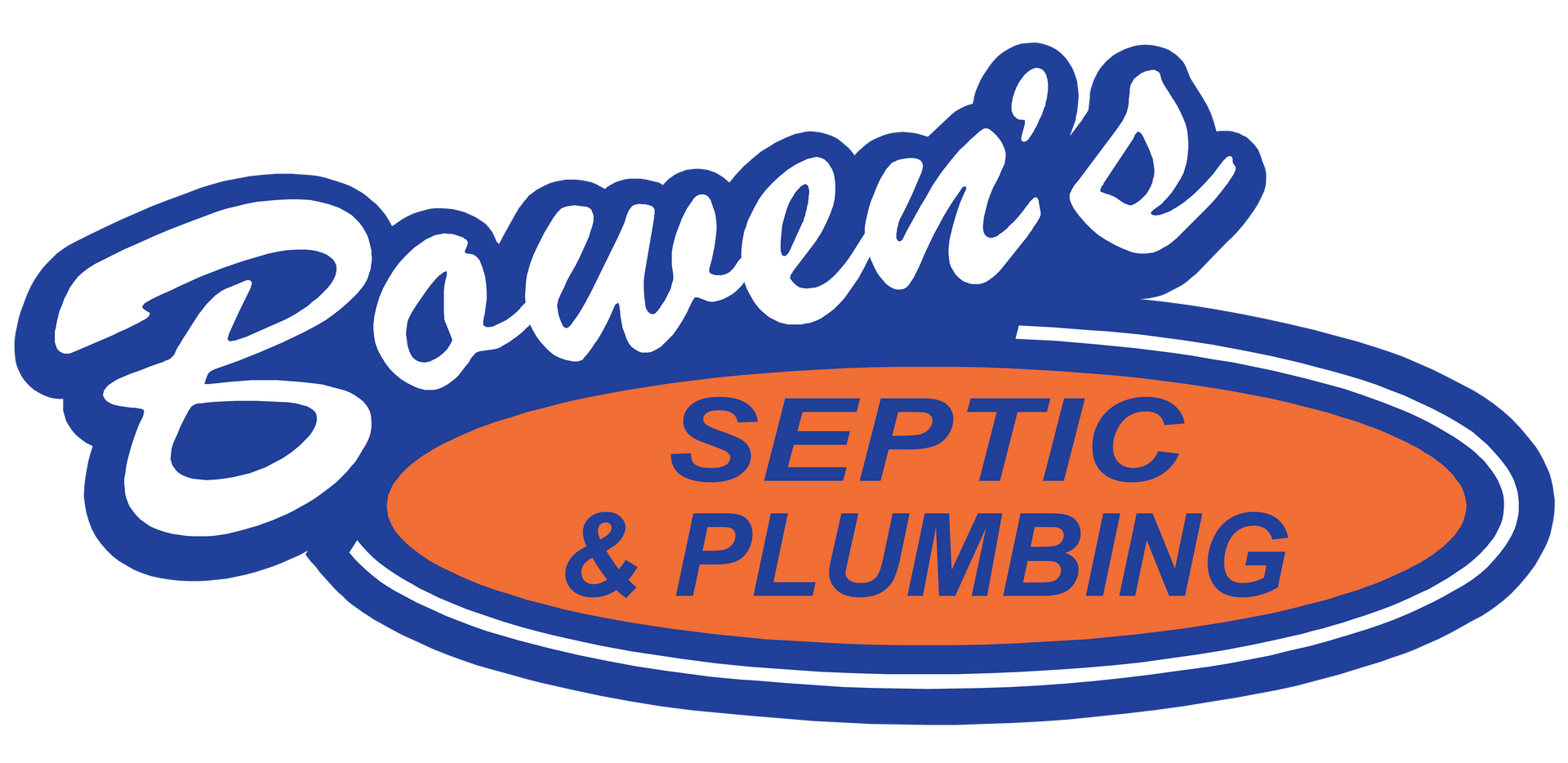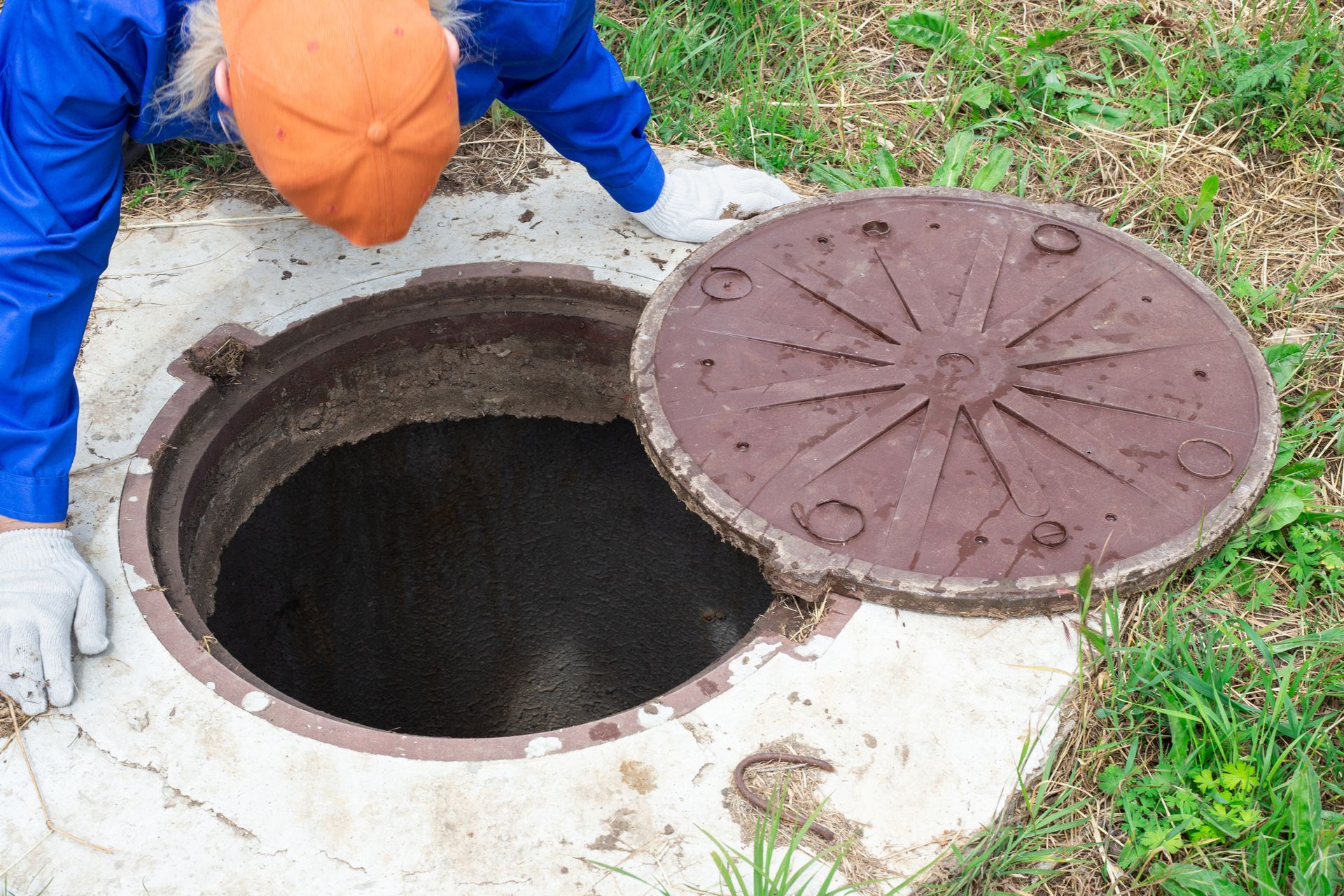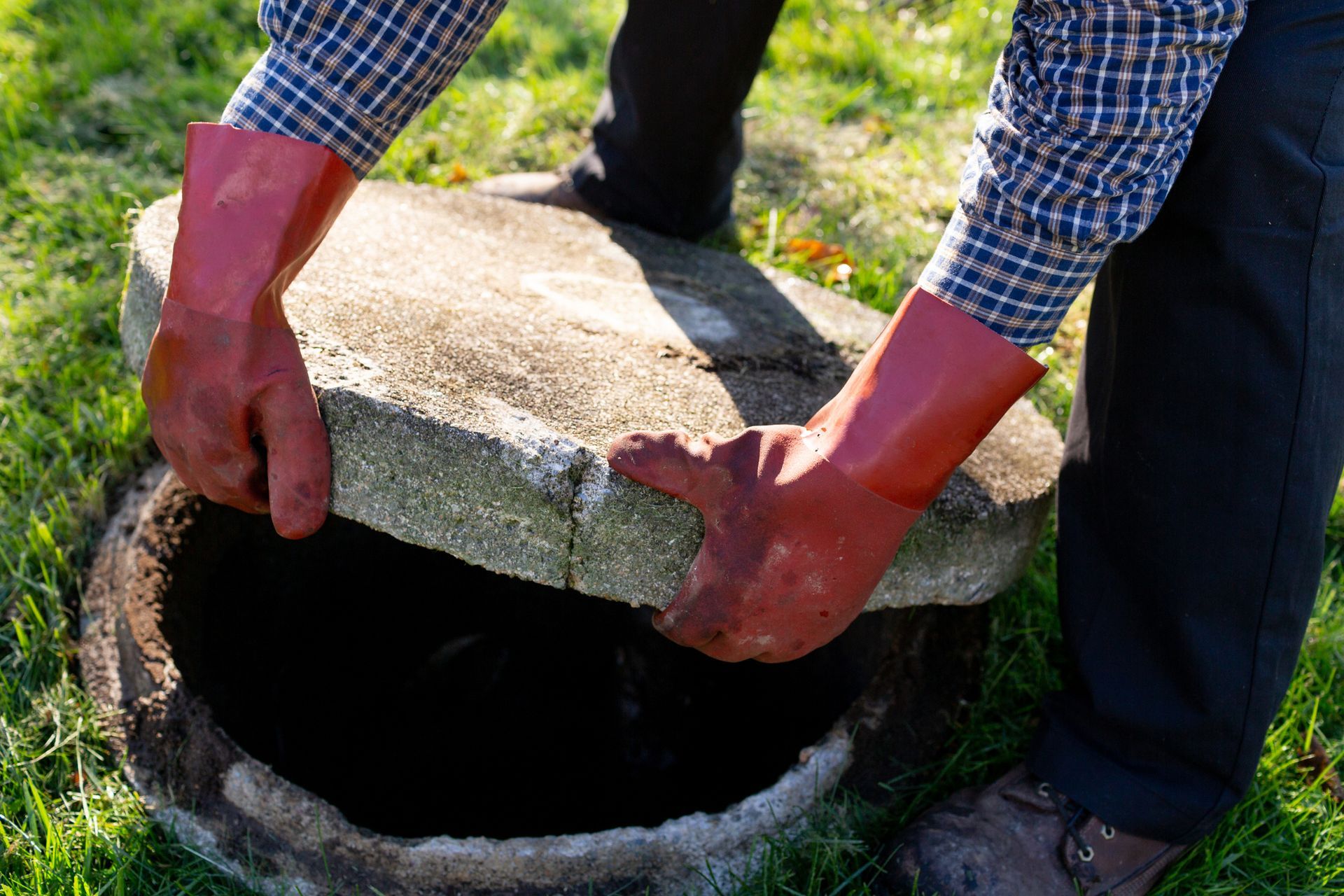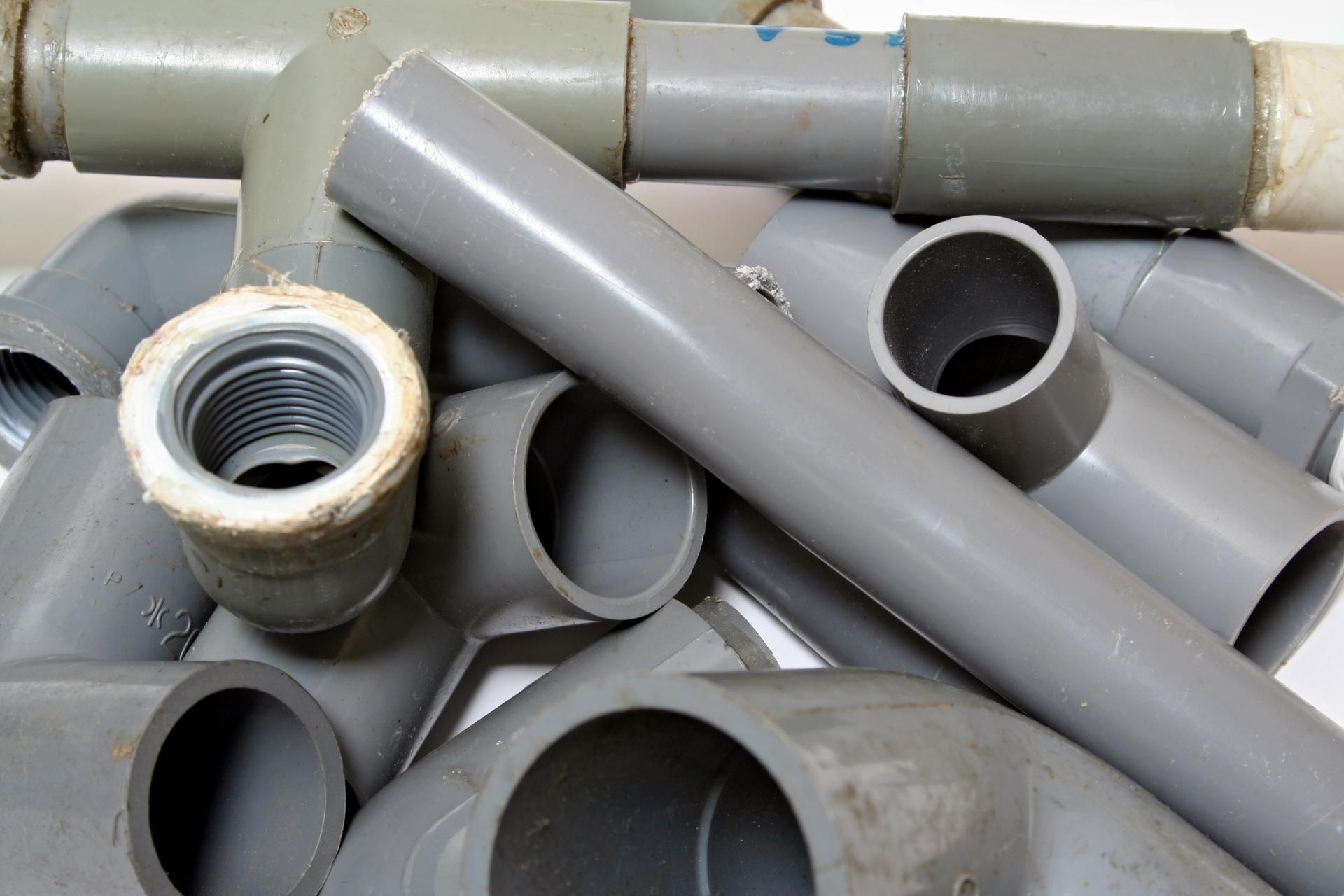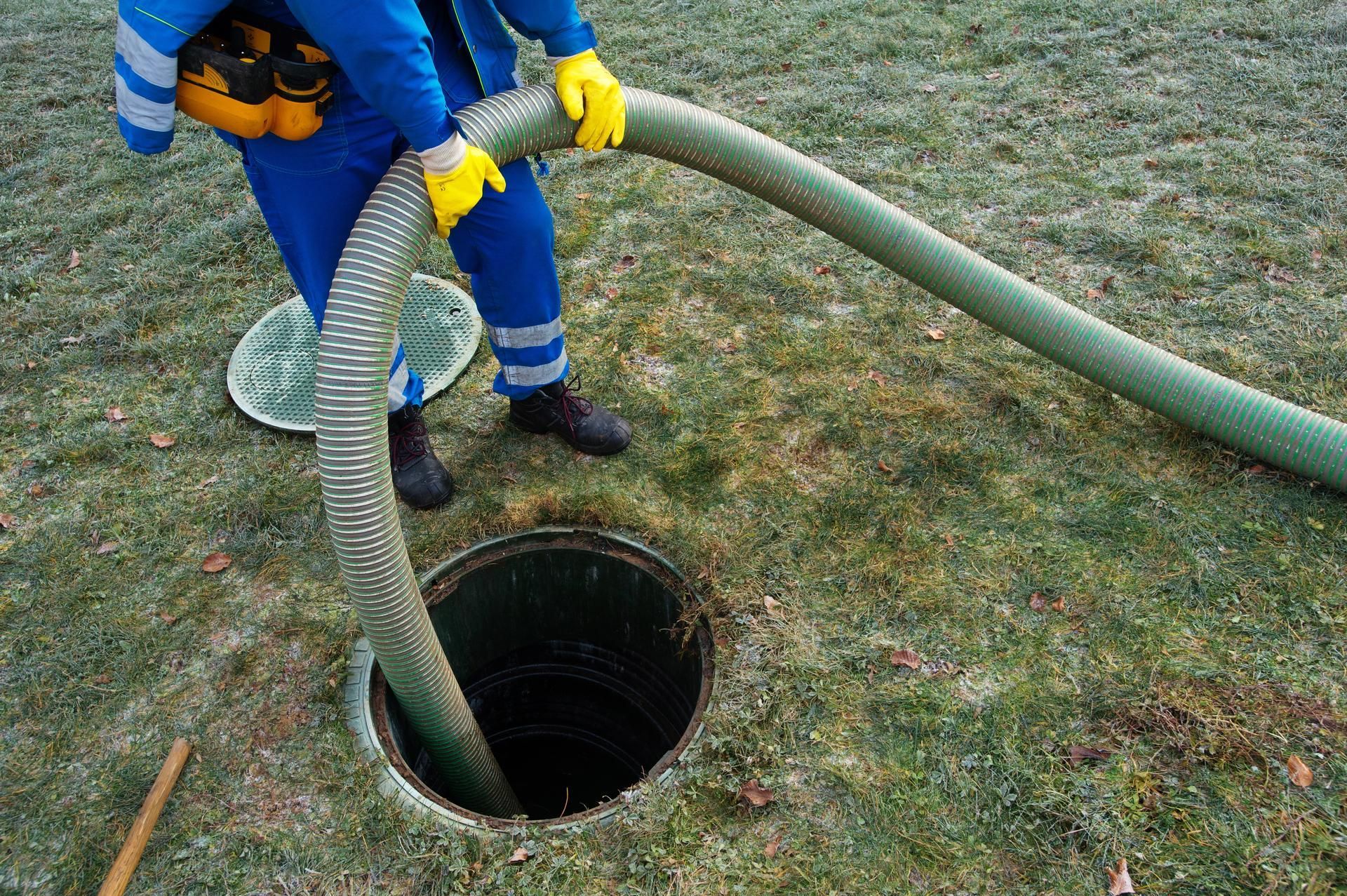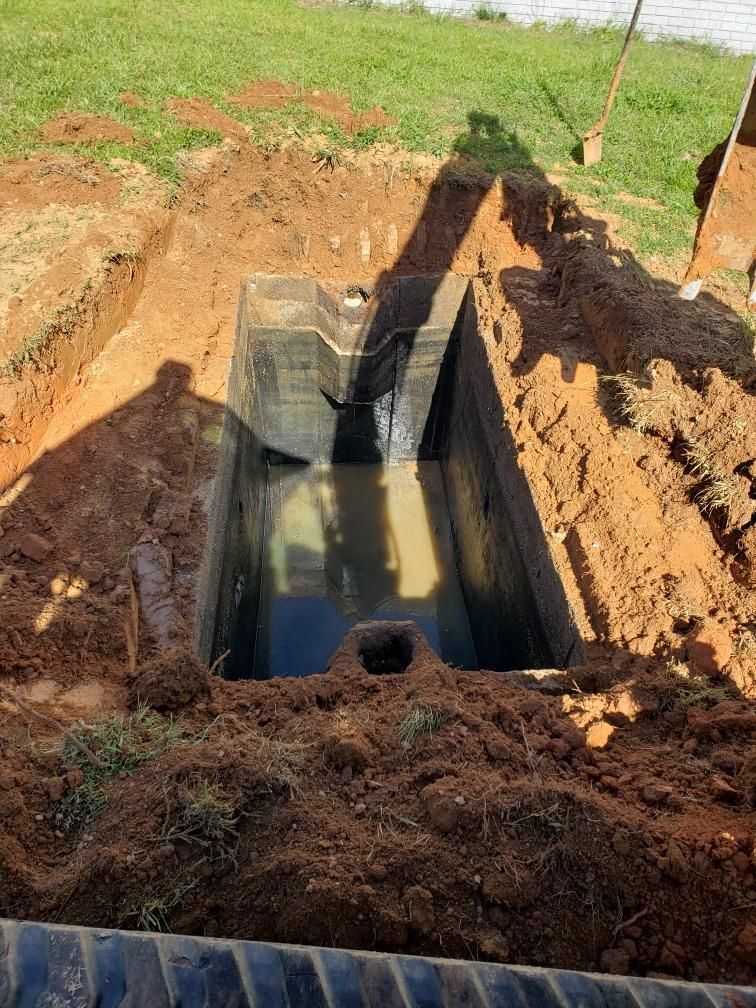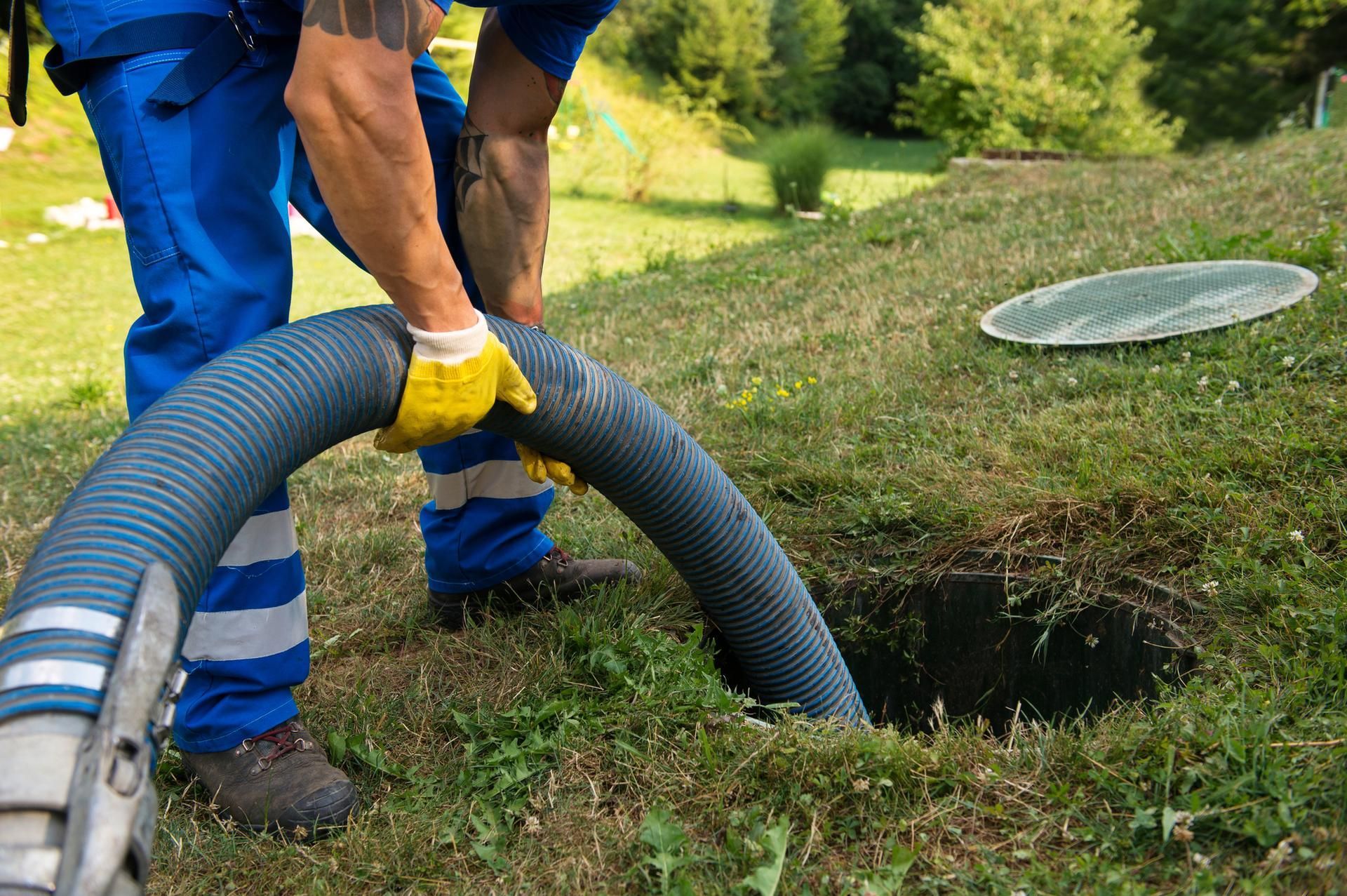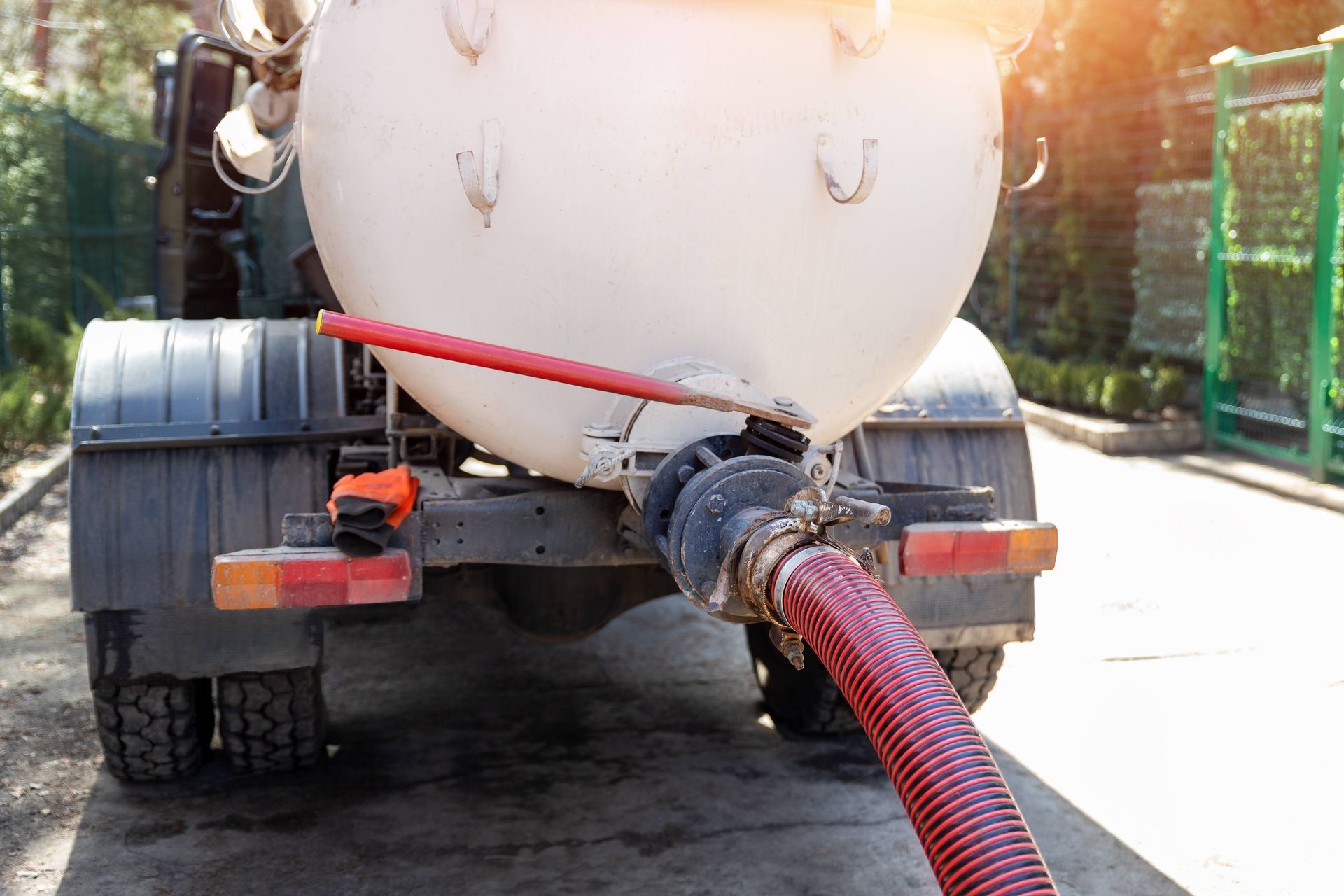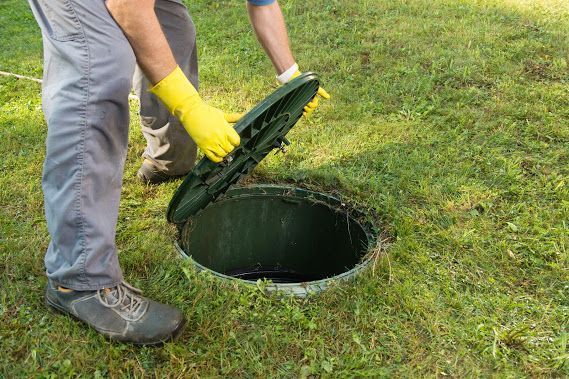Plastic Versus Concrete Tanks: How to Select a Septic Tank

One of the most significant components of your plumbing system is your septic tank. The septic tank holds and processes all of the wastewater from your property. The installation of a new septic system is a major project. The new tank in your home will provide years of essential plumbing service.
The tank materials are a significant consideration when choosing a new septic tank. Concrete and plastic are the most popular materials used to construct septic tanks. Each material has pros and cons, so the choice will depend on your home and preferences. Read on to discover the advantages and disadvantages of each material.
Plastic Septic Tanks Plastic septic tanks are a common alternative to concrete tanks and are typically oblong shapes with a ridged wall. The ribbed wall provides the strength to withstand inside and outside stresses in the ground. Some advantages of plastic septic tanks include the following:
Concrete Septic Tanks Concrete is a more durable material than plastic, so there are many advantages to installing a concrete septic tank:
However, like any material, concrete does have some downfalls:
When shopping for a septic tank, weigh your options carefully to make the right decision. If you're still not sure what type of septic tank is right for you, consult with an expert. If you have any questions about septic tank installation, feel free to contact us at Bowen’s Septic Tank today.
The tank materials are a significant consideration when choosing a new septic tank. Concrete and plastic are the most popular materials used to construct septic tanks. Each material has pros and cons, so the choice will depend on your home and preferences. Read on to discover the advantages and disadvantages of each material.
Plastic Septic Tanks Plastic septic tanks are a common alternative to concrete tanks and are typically oblong shapes with a ridged wall. The ribbed wall provides the strength to withstand inside and outside stresses in the ground. Some advantages of plastic septic tanks include the following:
- Plastic septic tanks are relatively lightweight, making them easier to maneuver around with a truck. The material's ease of use makes the tanks easier to install.
- Plastic septic tanks are waterproof and are less susceptible to damage by tree roots. In contrast, concrete septic tanks are porous and are more inclined to damage by infiltrating tree roots.
- Installation of a plastic septic tank can be done without heavy-duty equipment. Your company will need fewer employees and less time to install a plastic septic tank — translating to lower costs for the homeowner.
- Plastic is not chemically reactive and, therefore, resistant to rust and corrosion, unlike steel and concrete tanks.
- Plastic is a resilient material with a natural flex that prevents the tanks from cracking. Temperatures tend to get extreme underground. The ground gets very hot during the day, and temperatures drop below freezing at night.
- Plastic tanks are very lightweight. The tank can easily break or crack during the transportation and installation process.
- Plastic tanks' lightweight nature means they have a low effluent level. The tanks cannot handle as much effluent as their concrete counterparts. Plastic tanks can float out of position if the water table rises.
Concrete Septic Tanks Concrete is a more durable material than plastic, so there are many advantages to installing a concrete septic tank:
- Septic tanks made from pre-cast concrete can last up to 40 years without needing as much maintenance as plastic tanks.
- All states and cities approve of concrete septic tanks in the US. However, plastic septic tanks vary from state to state due to the risk of floatation and contamination. In areas restricted, you may need a permit application to install one.
- Concrete is quite sturdy, and there is zero risk of collapse when pumping. Plastic tanks require more pumping and can collapse inwards or warp when pumping.
- Concrete septic tanks have a bigger holding capacity compared to plastic tanks. Therefore, concrete tanks are preferable for big families and commercial installations.
- Concrete tanks are complex to install. The sheer weight of the concrete requires heavy equipment. Despite the complexities, the installation process is low-risk.
- Concrete septic tanks can survive weather storms. In heavy rains, plastic tanks tend to float out of their positions. However, the weight of concrete septic tanks allows them to perform exceptionally well. Thanks to the weight, the tanks are at low risk of flooding and floating.
However, like any material, concrete does have some downfalls:
- Although concrete tanks are sturdy and durable, they don't suffer from the weight of items above them and can develop cracks as years go on.
- Pre-cast concrete is more expensive than plastic septic tanks. Aside from transportation and handling, the tank repairs are also very costly.
When shopping for a septic tank, weigh your options carefully to make the right decision. If you're still not sure what type of septic tank is right for you, consult with an expert. If you have any questions about septic tank installation, feel free to contact us at Bowen’s Septic Tank today.
